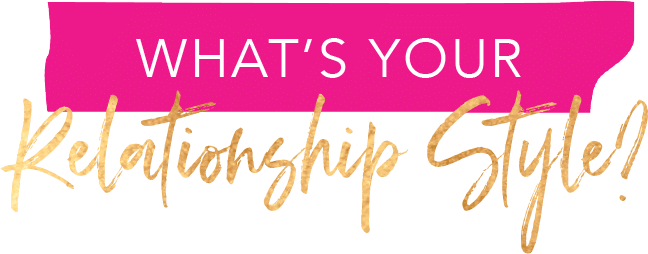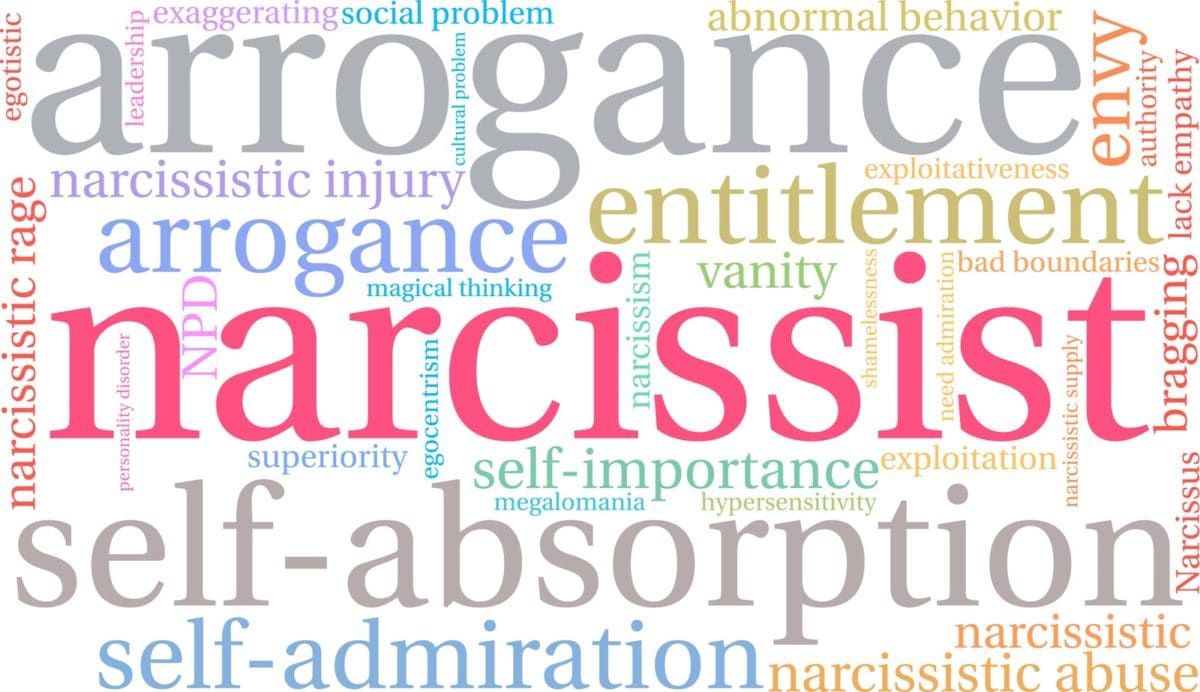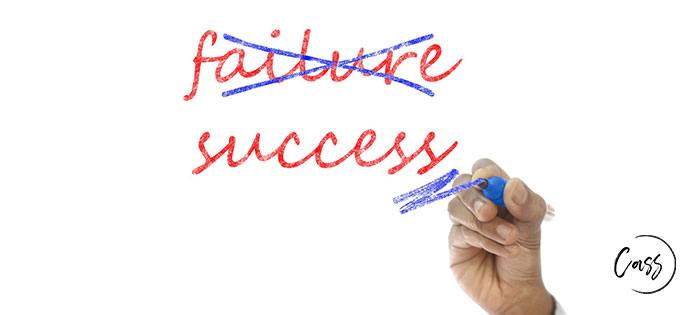FILED UNDER:
Psychology
A while ago I wrote a blog post called ‘5 Signs You Might Be Dating a Narcissist’. I thought if more people knew the signs to look for early in…
READ MOREThese days the term ‘narcissist’ is used fairly loosely, especially given the impact that reality TV and social media has had on our culture. But if you find yourself in…
READ MOREWe all know (at least in theory) that success isn’t linear and that no matter what you set your mind to achieving in life, the wise approach is always to…
READ MOREWe’ve all experienced times in our life when it feels like the responsibilities are piled so high on top of us, we barely have room to breathe. Or when the…
READ MORERecently, the World Health Organisation took the step of expanding on its definition of burnout and defining it as an occupational issue arising out of chronic workplace stress that hasn’t…
READ MOREWhat comes to mind when you consider the qualities of a good communicator? Being skilled at expressing your ideas, delivering a punchline or articulating your thoughts and feelings are all…
READ MOREIn psychology, a person’s level of “insight” refers to the degree to which they recognise that their problem is, in fact, a problem. For example, someone with an anxiety disorder…
READ MOREBoundaries are essential to healthy relationships. Your personal boundaries are the limits or guidelines you create, which determine what you consider to be acceptable in terms of how other people…
READ MOREWe’ve all had the experience of being triggered by something that creates a sudden and intense emotional response within us. It might be that something happens that evokes feelings of…
READ MOREHow many times you do you find yourself injecting the word ‘sorry’ into your interactions with people even when you have nothing to be sorry for? For example, do you…
READ MORERE-OPENING AGAIN SOON!
BEYOND CONFIDENT
A holistic program designed to help you cultivate genuine, deep and lasting self-confidence, together with lifetime access to a tight-knit supportive community who will cheer you on every step of the way.
This program is for anyone who has been plagued by Imposter Syndrome, who struggles with self-doubt and knows their anxiety, overwhelm and overwork are all symptoms of a core belief that they're unworthy or undeserving of success.
Much more than just a 'mindset' program, the Confidence Solution offers you the most current, cutting edge approaches to healing to deliver a complete transformation.












